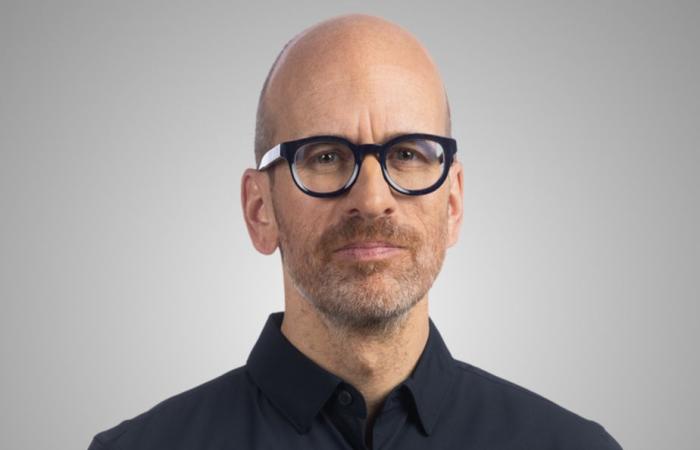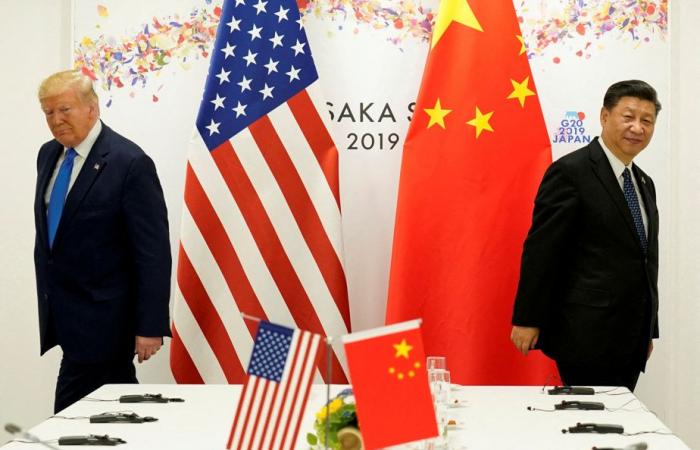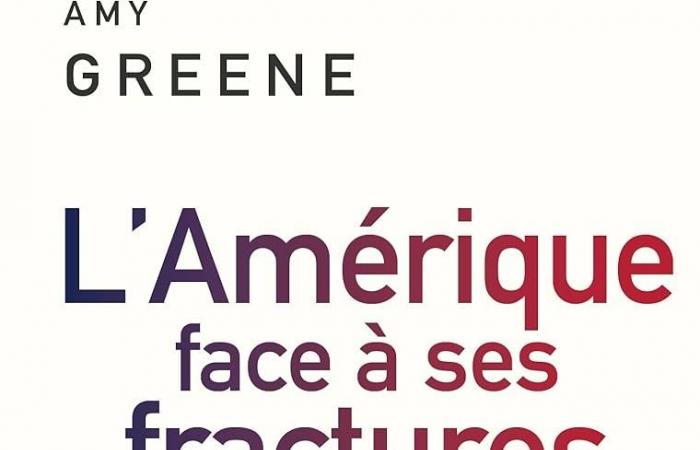Donald Trump 2.0’s number one mission?
Posted at 1:13 a.m.
Updated at 7:00 a.m.
It should be to “appease America,” says Franco-American political scientist Amy Greene, who recalls that the country remains split in two.
“There is a main challenge which is the reconciliation of these two Americas,” specifies the expert. This is for me, without doubt, one of the greatest emergencies. »
However, if Kamala Harris had made this issue “an integral part of her campaign”, this was not the case for Donald Trump. Quite the contrary.
PHOTO VÉRONIQUE TAUPIN, PROVIDED BY THE MADRIGALL GROUP
Political scientist Amy Greene
He campaigned on insulting his opponent and the political opposition, which he described as an internal enemy. Among other things, he proposed deploying the military and the Department of Justice against those who, he believes, are disloyal to him.
Amy Greene, political scientist
“For the moment, he has given no guarantee that he intends to work in a concrete and collaborative manner with his adversaries. »
I spoke with Amy Greene before and after the November 5 vote. I pointed out to him that Donald Trump, during his speech after his victory, said that it was “time to put the divisions of years past behind us.” He preached unity.

PHOTO OLIVIER TOURON, AGENCE France-PRESSE ARCHIVES
Billboard on Interstate 17 in Arizona last September.
But the political scientist remains skeptical.
“Carrying out a project of national reconciliation does not seem to be part of his concerns nor his way of conceiving the exercise of power. He’s been telling us this for years. »
Amy Greene has just published an essay about the crisis facing our neighbors to the South entitled America faces its fractures.
The expert teaches at the Institute of Political Studies in Paris, but she grew up in Connecticut, then studied in Washington and Philadelphia before settling in France. She has a detailed knowledge of the United States.
In this 200-page essay, she lists the reasons why “America seems to be running out of steam.”
The “fractures” she speaks of are also challenges to overcome for the president-elect.
There is the feeling of a progressive deterioration of living conditions, on an individual level, and in society in general. And behind this notion of precariousness of life, ultimately, there is a certain number of sufferings that Americans are increasingly confronted with.
Amy Greene, political scientist, in interview
“Then there is a distrust of institutions. And there is the feeling among citizens that the institutions, embodied by a certain political class which can seem very fixed, are no longer able to resolve daily problems, continues Amy Greene. These different factors, as well as an evolving media ecosystem, contribute to the installation of a dynamic of polarization. »
And the American dream?
The inhabitants of the world’s leading power believe it less and less. They have morale in their heels. And their confidence is plummeting.
Joe Biden’s successor should also try to remedy this, explains the expert.
Including restoring confidence in the economy.
“Things are going pretty well for the economy in a general sense, when you look at the macroeconomic statistics. But perception is not the same as statistics, she said. And this is another challenge for the next president of the United States: to control a certain number of economic pressures on the population, such as the housing crisis, medical costs, the price of food. »
When it comes to foreign policy, one challenge stands out above the rest, says Amy Greene. And it comes down to a five-letter word: China.

PHOTO KEVIN LAMARQUE, ARCHIVES REUTERS
President Donald Trump, in his first term as president of the United States, and Chinese President Xi Jinping, in 2019
Both the Democratic Party and the Republican Party now believe that the country is a threat to American hegemony on the international stage.
“What is quite striking is the extent to which the American people have internalized this notion of threat,” she says.
“In 2024, citizens are capable of qualifying how China would be threatening,” underlines the political scientist. Able to cite technologies, economic competition, human rights, the military threat or the sovereignty of spaces in the world like Taiwan. It is undoubtedly the Sino-American relationship which will largely define foreign policy priorities. »
At the very end of her book, Amy Greene evokes Alexis de Tocqueville, this Frenchman whose flagship work, Democracy in Americaremains frequently cited almost two centuries later.
“The greatness of America does not lie in being more enlightened than any other nation, but in its capacity to repair its faults,” said the contemporary of American President Andrew Jackson.
I was curious to know what the political scientist thinks of this statement, in light of the current crisis. Does she still have hope?
“Throughout the history of the United States, we have experienced polarization, we have experienced divisions, we have experienced societal turbulence, we have experienced economic and demographic changes, etc. And the United States has always been able to absorb these changes,” she recalls.
For the country to manage to adapt once again, she points out, however, “it must materialize through actions”.
As for whether Donald Trump is the one to carry out such acts over the next four years… it’s probably best not to get our hopes up too high.
Who is Amy Greene?
- Born in Connecticut
- She studied at American University in Washington (international relations) and the University of Pennsylvania (public administration).
- She obtained a master’s degree in international relations at the Institute of Political Studies in Paris.
- She published the essay America after Obama in 2012 published by Autre et America faces its fractures published by Tallandier last September.

America faces its fractures
Amy Greene
Editions Tallandier
254 pages
What do you think? Participate in the dialogue










